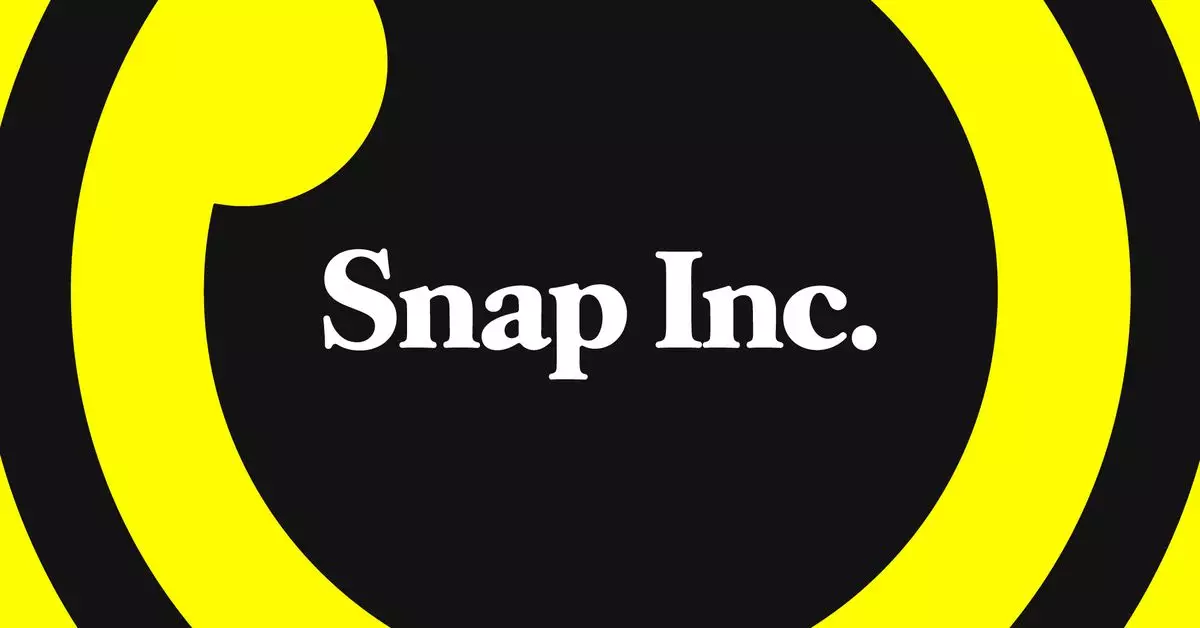The recent ruling by the Ninth Circuit Court of Appeals has revived a lawsuit against the anonymous messaging service Yolo, raising important questions about platform liability, user protection, and the enforcement of terms of service. The court’s decision has significant implications for the tech industry and the ways in which online platforms handle user-generated content and safety.
Yolo, a Snapchat-integrated app that allowed users to send anonymous messages, came under scrutiny after a teenage user died by suicide following harassment and explicit messages received on the platform. The boy’s family, along with other aggrieved parents, filed a lawsuit against Yolo, alleging that the app broke a legally binding promise to unmask bullies and prevent inappropriate use. Yolo’s failure to respond to requests for help and its inability to monitor and ban harassing users were key points in the case.
The Ninth Circuit Court of Appeals ruled that Yolo could be held liable for misrepresenting its terms of service, overturning a lower court decision based on Section 230 of the Communications Decency Act. While the court acknowledged that Yolo could not be held responsible for all user-generated content, it found merit in the argument that the app failed to deliver on its promise to enforce its terms of service. Judge Eugene Siler, Jr. noted that Yolo’s failure to unmask and ban users who violated its terms raised concerns about the platform’s commitment to user safety.
The ruling against Yolo sets a precedent for holding online platforms accountable for the promises they make to users regarding content moderation and user protection. It challenges the notion that platforms are shielded from liability under Section 230 for their failure to enforce their own terms of service. This could have far-reaching consequences for other platforms that rely on user-generated content and may encourage users to challenge platforms that do not adequately address harassment and abuse.
This case is part of a larger debate over the scope of Section 230 and the responsibilities of online platforms in policing harmful content. While some argue that holding platforms accountable for user behavior could lead to excessive litigation and limit free expression, others see it as a necessary step towards improving online safety and accountability. The Ninth Circuit’s ruling is a reminder that the law is still evolving in this area, with courts carefully weighing the balance between platform immunity and user protection.
The Ninth Circuit Court of Appeals’ ruling against Yolo highlights the complexities of platform liability in the digital age. It raises important questions about the duties of online platforms to protect users from harm and uphold their terms of service. While the case is ongoing and Yolo still has the opportunity to defend its practices, the decision signals a potential shift towards greater accountability for platforms that fail to fulfill their commitments to users. As the legal landscape continues to evolve, the tech industry will need to carefully consider the implications of this ruling and take steps to ensure the safety and well-being of all users.

